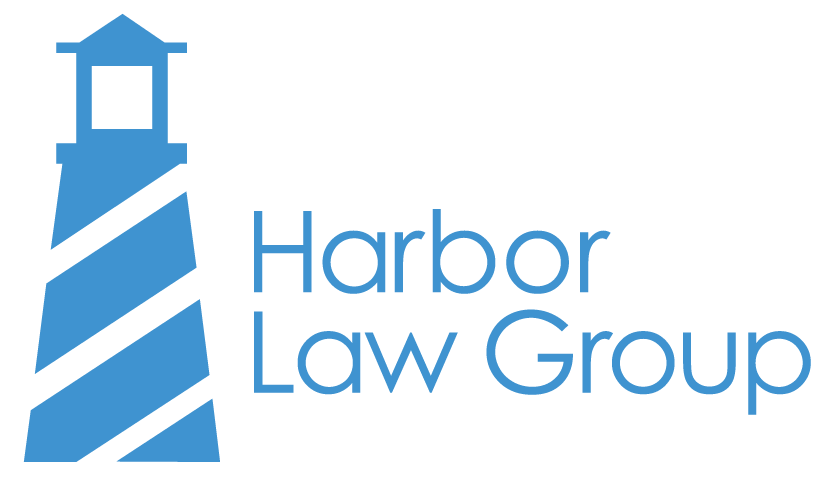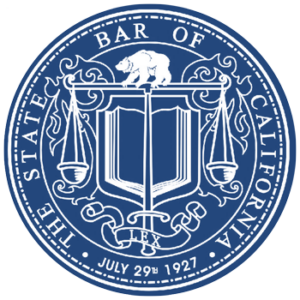What are the Pros and Cons of a Power of Attorney Document?

If you are reading this article, you probably know that you need a power of attorney. But you also may be wondering – what the heck IS a power of attorney document? This super important document is simply an estate planning tool that allows someone you trust (more on this later) to make important financial and medical decisions on your behalf while you are still living. Who needs a power of attorney document? Absolutely everyone should have one!
In this article, we discuss the pros and cons (hint: there aren’t any!) of this document. However, if you would rather skip the boring reading and go straight to the source, please give us a call for a free consultation with one of our friendly attorneys.
What are the different types of Power of Attorney?
A power of attorney is a legal document that appoints someone to manage your finances and medical decisions if you are unable to do so. There are three types of powers of attorney:
Limited Power of Attorney
A limited power of attorney allows someone to represent you in a particular matter. For instance, you might give your child in another state permission to sign a legal document for you.
General Power of Attorney
A general power of attorney gives someone comprehensive power to exercise all the rights you have. This enables someone to make all decisions for you, but this power of attorney ends when you become incapacitated or die.
Durable Power of Attorney
A durable power of attorney, which can be limited or general, can take effect upon signing and remains intact after you become incapacitated. This is the most common type of power of attorney, and the one we routinely create for our clients. If you become incapacitated and do not have a durable power of attorney, a court will need to appoint a guardian to represent you. You have been forewarned – the process of obtaining guardianship over a person is costly and takes lots of time!
Do I Need a Power of Attorney?
When considering a power of attorney, or any other estate planning document, we encourage our clients to weigh the benefits and risks of that choice. So what are the pros and cons of a power of attorney?
Benefits of a Power of Attorney
In short, there are no cons to a power of attorney. But, there are numerous benefits.
One advantage of a general power of attorney is convenience, allowing someone to sign documents and conduct transactions for you. (For example, a wife could refinance the house acting as her husband’s power of attorney and signing on behalf of them both.)
In emergency situations, such as a sudden medical issue, a power of attorney allows you to choose who will make difficult medical decisions for you. In tense situations, families often argue over the best course of action for their sick or injured loved one. You can take this argument away from your family by appointing a specific person to be in charge of making critical healthcare decisions. Likewise, having a power of attorney in place can bring you great reassurance in the face of aging or illness since you know exactly how you and your estate will be handled – and by whom!
Potential Risks of a Power of Attorney
Remember when we said you should choose someone you trust? Although there are no cons to having a power of attorney document in place, a power of attorney places an enormous amount of power in one person’s hands. You should make absolutely certain that you trust the person you designate with power to make these important decisions for you. Even more, make sure that this person agrees with you on medical care preferences and financial decisions. When you select the right person in your power of attorney, it eliminates the risk involved in this valuable legal document.
Discussing candidates for your power of attorney with an experienced estate planning lawyer will help you minimize any risk associated with a power of attorney. For example, our clients often suggest having both their children act together. Although this may be a fine idea in certain circumstances, the nuances of family dynamics, coupled with a stressful situation, often make joint power holders a bad idea. Before making your decision on who you will list first, our attorneys will talk through all of your options with you.
Contact an Estate Planning Attorney
Reassure yourself about decisions that might be made if you become incapacitated. Rather than relying on a do-it-yourself document, call one of the experienced and compassionate estate planning attorneys at The Harbor Law Group. We offer a free consultation, where you can ask us any questions about our law firm or estate planning documents. If you’re ready to get started on a power of attorney, contact us to set up a meeting.




